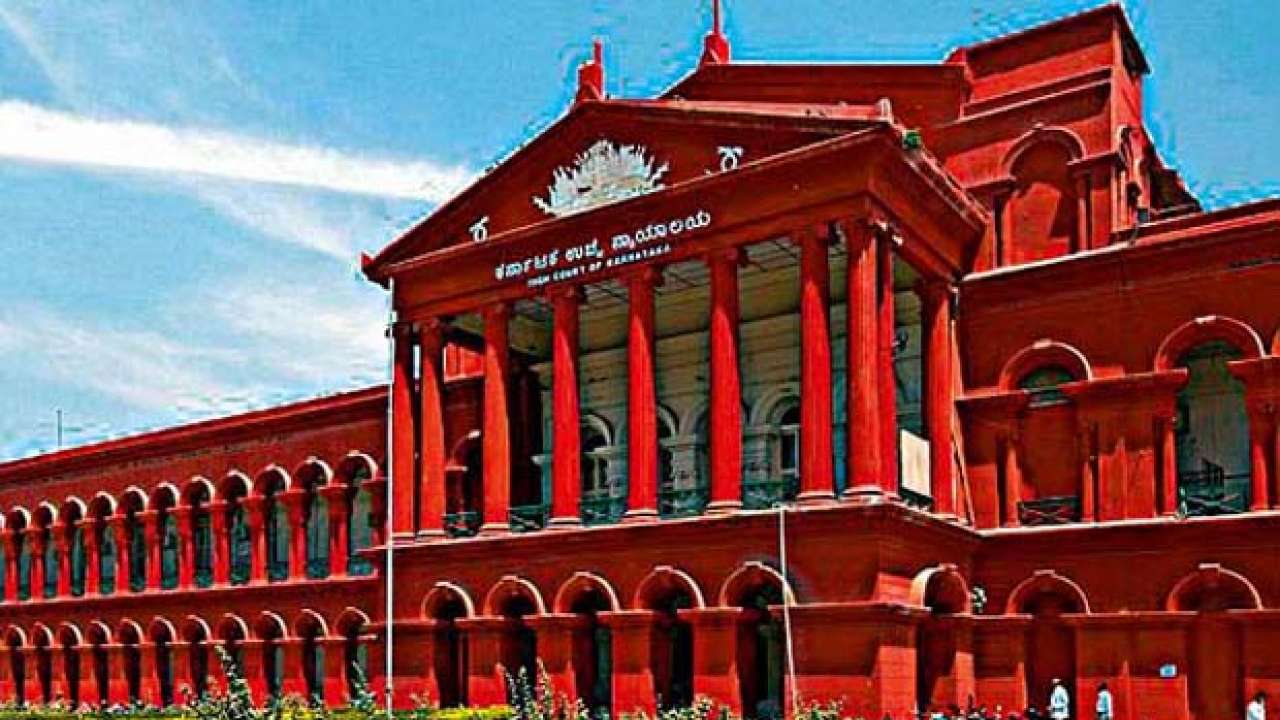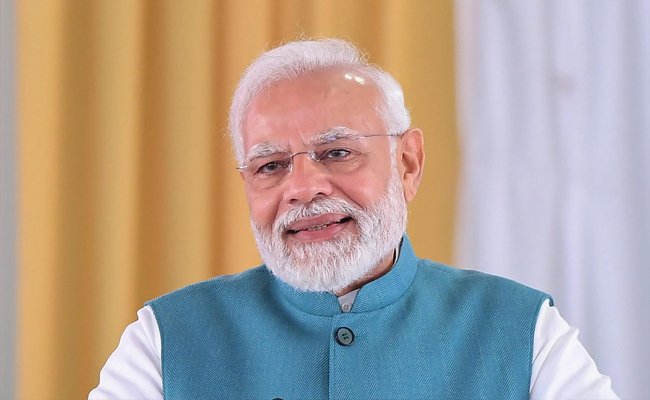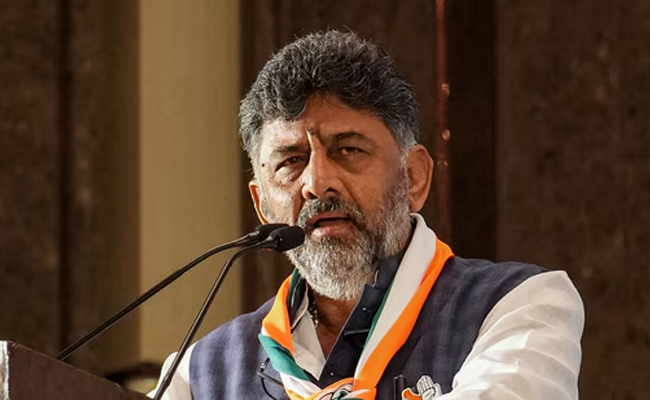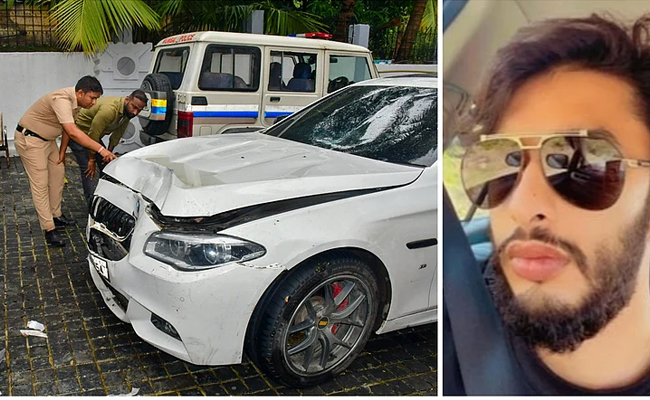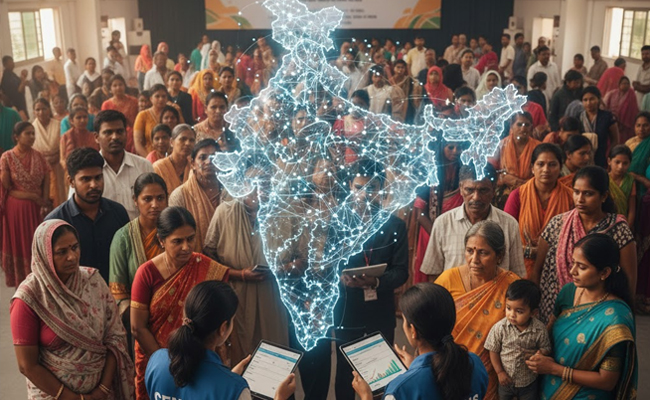Bengaluru, Oct 15: The High Court of Karnataka has directed the State government to fix the fare of app-based autorickshaw aggregators within 15 days. Till then, the court allowed the service providers to also collect 10 per cent additional charge above the fare already fixed by the government. The government last fixed the autorickshaw fares on June 11, 2021.
One of the reasons for the government to ban app-based autorickshaw-hailing service was that they were charging surcharge over and above the fare fixed by the government.
Justice MGS Kamal, in his order issued on Friday, allowed the 10 per cent surcharge along with applicable GST and said this would be a only temporary measure till the new fares are fixed.
The aggregators had sought at least 20 per cent surcharge, but the Transport Department was not willing to allow more than 10 per cent.
Last week, the government banned app-based autorickshaw-hailing services on the grounds that the licence issued under the Karnataka On-Demand Transportation Technology Aggregator Rules was only for cabs and not autorickshaws. The ANI Technologies Private Limited which operates Ola, Roppen Transportation Services Pvt Ltd and Uber India Systems Private Limited challenged the ban before the court.
On Thursday, Justice MGS Kamal heard the petitions and suggested that the authorities and the companies arrive at a compromise and make a common submission. The government has agreed to talk to the aggregators.
While the State government argued that autorickshaws are not covered under its rules, the court said the Motor Vehicles Aggregator Guidelines 2020 (MVAG) issued by the Central government covers autorickshaws, e-rickshaw, motorcycles, and buses too. All these vehicles can be used to offer aggregator service, the court said.
Let the Truth be known. If you read VB and like VB, please be a VB Supporter and Help us deliver the Truth to one and all.
New Delhi (PTI): Prime Minister Narendra Modi on Saturday termed the mandate received by the BJP-led NDA in the Thiruvananthapuram Corporation a "watershed moment" in Kerala's politics and expressed gratitude to the BJP workers for the "spectacular results".
The Left parties suffered a major setback in the Thiruvananthapuram Corporation, held by them for 45 years, as the BJP-led NDA surged ahead with a huge lead.
Reacting to the civic body results, the prime minister said it is a day to recall the work and struggles of generations of karyakartas (workers) in Kerala, who worked at the grassroots, which ensured today's result became a reality.
"Thank you Thiruvananthapuram! The mandate the BJP-NDA got in the Thiruvananthapuram Corporation is a watershed moment in Kerala's politics," he wrote on 'X'.
PM Modi said the people are certain that the development aspirations of Kerala can only be addressed by the BJP. "Our Party will work towards this vibrant city's growth and boost 'Ease of Living' for the people," he said with the hashtag #VikasitaThiruvananthapuram.
The prime minister said the BJP karyakartas are the strength of the party, and everyone is proud of them.
"My gratitude to all hardworking BJP karyakartas who have worked among the people, which has ensured a spectacular result in the Thiruvananthapuram Corporation," he said.

